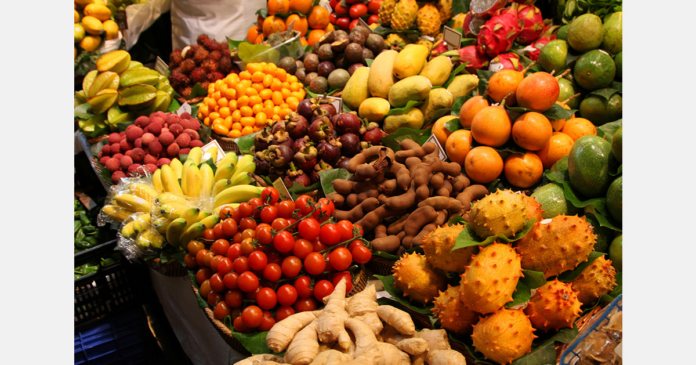Greek fruits and vegetables have seen a significant expansion in their presence in Bulgarian markets following Bulgaria’s accession to the Schengen Area. Over the past year, Bulgaria has imported around 248,200 tons of produce from Greece, with a total value of €131 million. This places Bulgaria as the second-largest importer of Greek agricultural products, with Romania leading the way.
The bulk of these imports consist of citrus fruits, primarily used in juice production. Greek economist Ioakim Klamaris attributes this shift to the competitive pricing offered by Greek producers, as well as a decline in Bulgaria’s agricultural workforce. In the last five years, investment in Bulgarian agriculture has decreased by at least 50%, leading to a reduction in domestic production.
While Bulgarian consumers generally prefer locally grown produce and are willing to pay a premium for it, the local supply is unable to meet the demand. Vladimir Ivanov, Chairman of the State Commission on Commodity Exchanges and Markets, has highlighted the shortage of Bulgarian fruits and vegetables as a significant issue.
One of the primary challenges faced by Bulgarian farmers is the lack of adequate storage facilities. In contrast, imported produce has gained popularity in certain areas due to its superior taste and juiciness, which appeals to consumers. Rosen Kolev, Executive Director, explains that favorable climatic conditions and lower greenhouse cultivation costs in countries like Greece and Turkey make imported produce more competitive in the market.
Looking ahead to the summer season, Bulgarian producers are anticipating increased demand for local produce. However, the current market trends underscore the challenges faced by Bulgaria’s agricultural sector in competing with imports.
Overall, the rise of Greek fruits and vegetables in Bulgarian markets presents both opportunities and challenges for the agricultural industry in Bulgaria. While consumers appreciate the quality of imported produce, local farmers are grappling with issues such as decreased investment, limited storage facilities, and an inability to meet the growing demand for fresh fruits and vegetables.
Source: bourgas.ru
Published on: Fri 24 Jan 2025
In conclusion, the expanding presence of Greek fruits and vegetables in Bulgarian markets is a complex phenomenon that reflects the dynamics of the agricultural sector in both countries. As Bulgaria navigates the challenges of competing with imports, there is a need for strategic investments, improved infrastructure, and innovative solutions to ensure the sustainability and growth of the local agricultural industry.




